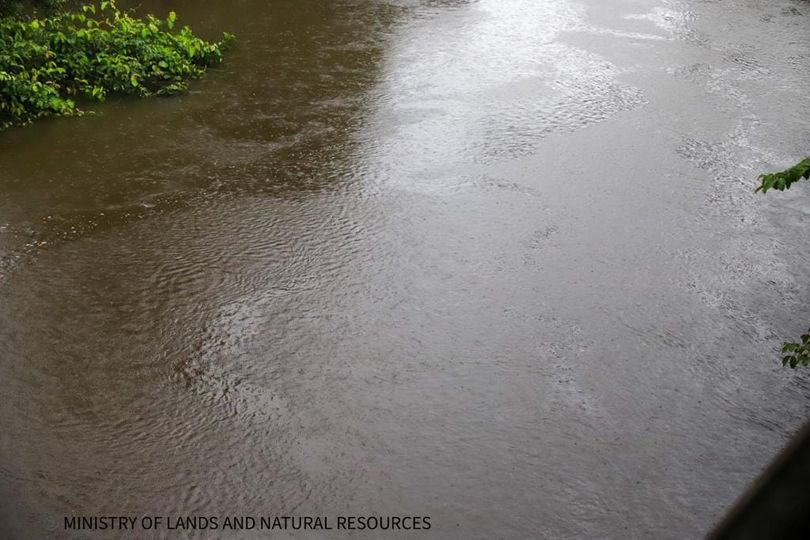Gov’t procures 100 mercury-free processing machine to support small-scale mining
The government has acquired 100 mercury-free processing machines to assist small-scale miners in extracting gold without adverse environmental impact, Minister of Lands and Natural Resources, Samuel Abu Jinapor, has disclosed.
Addressing the Bibiani Chapter of the Ghana National Small-Scale Mining Association (GNASSM) as part of his one-day tour of the Western Region, he said, “what we don’t want is for you to work anyhow.”
It is estimated that between 410 and 1,400 tonnes of mercury are emitted through artisanal and small-scale gold mining each year, accounting for 37 % of global mercury emissions, which causes more mercury pollution than any other human activity.
To this end, the minister re-echoed the government’s determination to support activities of small-scale miners to ensure that such emissions were reduced to the barest minimum through the provision of the machines.
He explained that the government was not against small-scale mining; instead, it was against irresponsible mining practices, including the popular galamsey operations that eventually destroy the environment and people’s livelihoods.
Mr Jinapor noted that the government was focused on initiating and implementing appropriate policy interventions to support and cushion small-scale miners in the country.
The Public Relations Officer of the Bibiani chapter of GNASSM, Nana Ebim Kwaku III, catalogued some concerns of the miners, notably, the delay in acquiring small-scale mining licences.
He, therefore, pleaded with the minister to assist in resolving those challenges.
In May this year, the government inaugurated a mercury-free technology for gold ore and alluvial processing, a machine manufactured by Ghanaian-owned engineering firm Commodity Monitor.
The technology, which could recover more than 90% gold, the Deputy Minister-Designate at the time, George Mireku Duker, said, would improve efficiency and help sanitise the small-scale mining sector.
On average, the equipment costs US$45,000.
The components of the technology include a crasher, miller, processor, poly tank and smelter technology.
“The adoption and operationalisation of the technology were in sync with the government’s vision of getting rid of mercury in gold processing because of the health and safety risks posed to miners and environment in general,” he said.
“We want to ensure that we fight along to have a serene environment for local people to mine to have something in their pockets,” he added.

Tano river improving
In a related development, the minister said that activities of Operation Halt were yielding results as the Tano River, which was highly polluted due to the activities of illegal mining, was returning to normalcy.
The minister, who made a short stop at the Tano river on the sidelines of his one-day tour of the Western North Region, said that this is the most transparent river he had seen since his assumption of office.
He thanked the Regional Coordinating Council and called for sustained effort to ensure that the river fully returned to its original state.
On his part, the Mineral Commission’s District Manager for Bibiani, Mr Emmanuel Bain, said, “the restoration of the river we see today comes at the back of the collaboration between the Western North Regional Coordinating Council, the Minerals Commission in the region and largely due to the policy directives of our abled Minister.”
READ ALSO: Gov’t Bans Production Of ‘Galamsey Changfangs’



